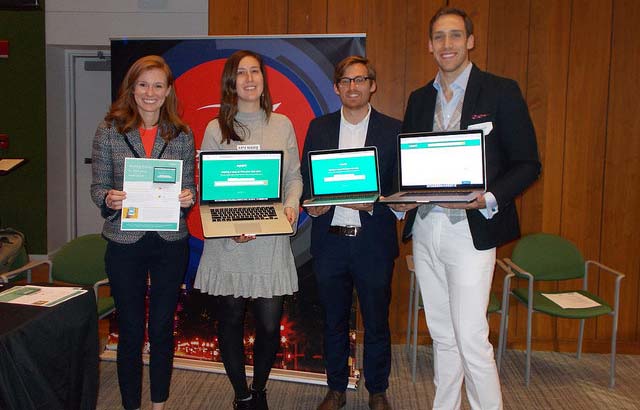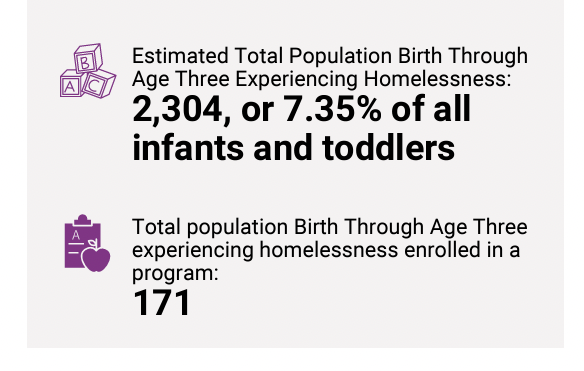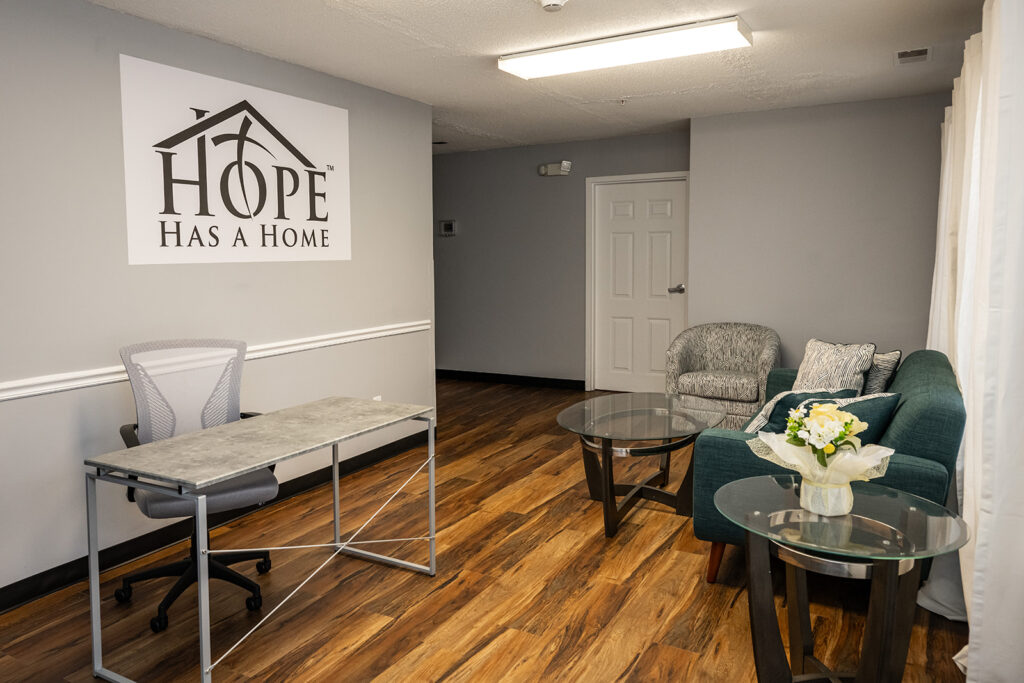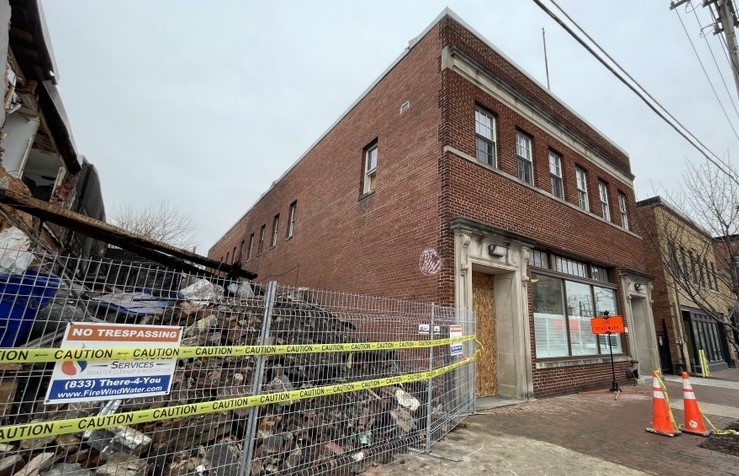A website intended to help homeless youth in Washington, D.C., connect to available support services was presented at the United States Census Bureau on Nov. 29. “mySpot” was created under the auspices of the Opportunity Project, an interagency collaboration of the U.S. Departments of Commerce, Education, the Treasury, Veterans Affairs and Housing and Urban Development — along with the U.S. Office of Management and Budget.
The project was led by the Arlington-based technology firm Excella Consulting.
“Youth homelessness has become quite an issue, to the degree where it has received a lot of attention in the past few years,” said Kahlib Barton of True Colors Fund, a national nonprofit focused on addressing homelessness in the LGBTQ community.
In order to create the website, the team from Excella recruited government agencies and “user advocates,” such as True Colors Fund, to brainstorm what they believed needed to be done to help homeless youth and how technology could play a role in that. Through some of these organizations, the team was able to interact with youth who were currently experiencing homelessness. “This was a game- changer for us,” said Jeff Suppes from the Excella team. The consultants quickly realized that there are a variety of different resources available to youth, but sometimes they have trouble connecting to those resources.
The project began as a basic search engine where anyone could put in their location and discover different resources. Then they let the youth they were able to connect with test it. “We thought that we had solved the problem,” Suppes said. “But as the team saw the youth interacting with the search engine, they realized there was some confusion over how the resources worked: if the youth would have to pay to stay in the different places, and other types of miscommunications.”
They went back to the drawing board, made some changes and ended up with mySpot. After a user enters a location, which can be either their current location or a location where they know they will be in the future, they are able to see the different services, agencies or shelters available. They can then filter those results by what type of services or agencies they are looking for.
“We learned the power of working with government agencies and working with local advocacy groups,” Suppes said. “We learned that digital solutions can help change people’s lives. But really, the most important thing we learned is that a digital product that is built by and for the users is the product that’s going to be the most powerful.”
Excella is still working with several agencies and organizations to improve the website. For now, if a user enters a location over 60 miles outside of D.C., they will receive a message that the website could not find any results.
One of the next steps will likely involve making the website mobile-friendly, according to Chris Lyon, a business consultant for Excella. The team originally had the misconception that youth who were experiencing homelessness would not have access to cellphones. The current site is not responsive to cellphone browsers and is meant for use on a desktop. “The way that we thought about it is, if I am a homeless youth and don’t have a cellphone, then I know I’ll have access to a public library [with computers],” Lyon said. “But nobody wants to take their friend’s phone and search for homeless resources.”
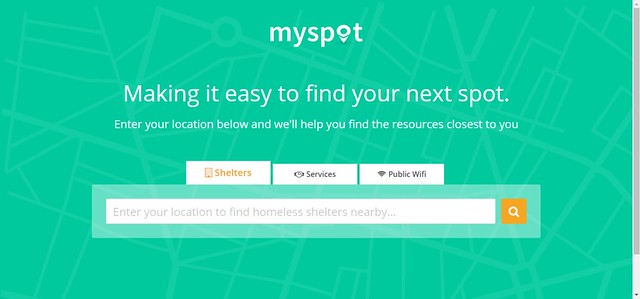
Excellhttps://a is also working with DHS and True Colors Fund to note on the site which resources cater specifically to LGBTQ individuals and to allow users to filter their results with that information.
Another effort in the works would include phone numbers on the mySpot website. Currently, a user can click on a button in the mySpot result to go to that resource’s own website and find the phone number there. But having the information instantly available in the search directory would make it more accessible. “We’re closely working with government agencies and talking to them about what data they should make public that would be helpful for things like this,” Lyon said.
In order to advertise this new tool, Excella is working with homeless shelters, True Colors Fund, the D.C. public school system and other organizations.
During the Opportunity Project Demo Day, other endeavors were also discussed and demonstrated, such as a tool to help homeless veterans access jobs and a tool to make federal grants data more user-friendly, among others. “The real value [of The Opportunity Project] is not just in creating the best data that a government can create across the globe, but it’s building the partnership to unleash that data to help folks nationally and locally,” said Karen Dunn Kelley, the undersecretary for economic affairs in the U.S. Department of Commerce.
Correction (12/15/2017)
This article has been updated to reflect that Excella Consulting led this project. The initial article said that the project was led by True Colors Fund and implemented by Excella Consulting. True Colors Fund was one of several “user advocates” that informed Excella Consulting’s work.
